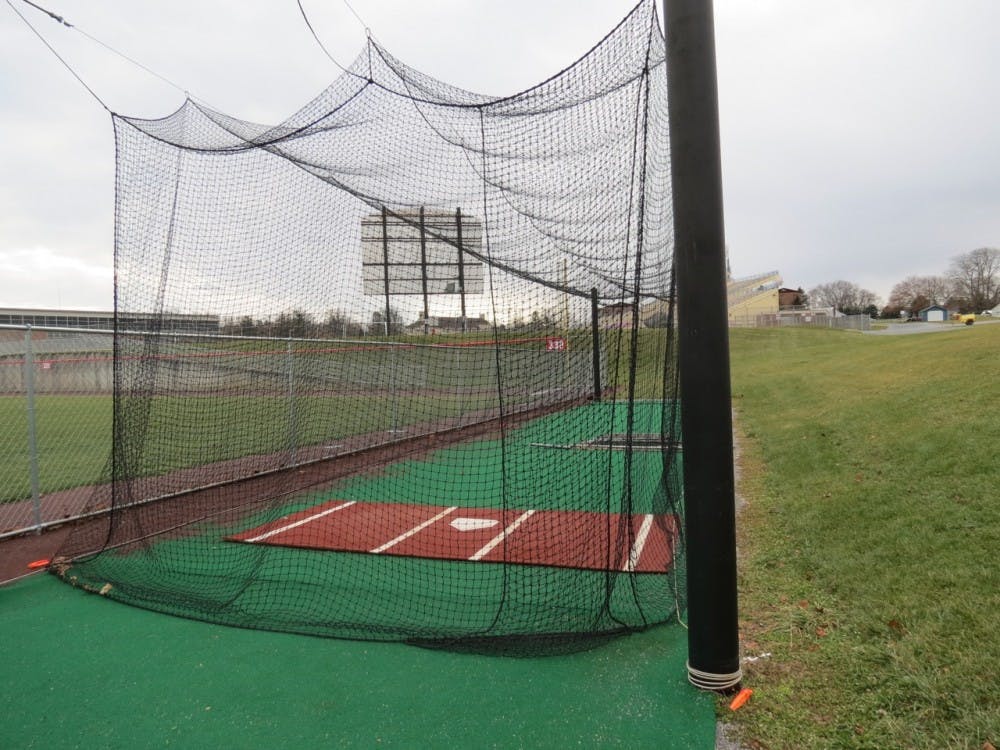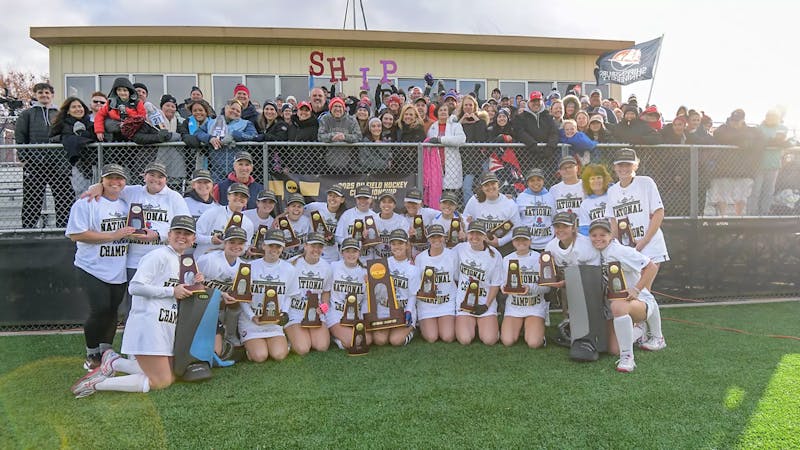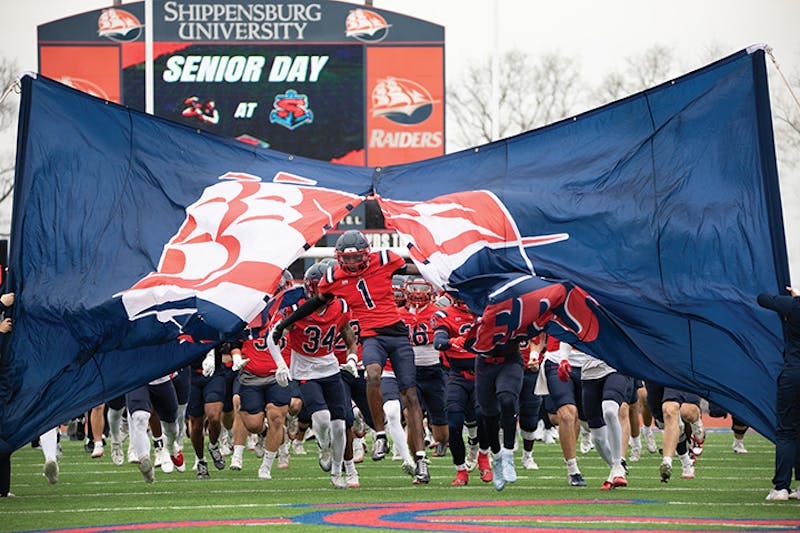While academics are at the nucleus of all universities, athletic programs are the outer core of the college experience and have huge impacts on successes of students and universities.
Because of the influence athletics have on universities, a key factor into a successful athletic program is the task of maintaining and updating athletic facilities, which allow student-athletes to have memorable experiences.
Shippensburg University’s athletic programs are NCAA Division II members and compete in the Pennsylvania State Athletic Conference (PSAC). The majority of SU’s athletic facilities were built in the 1970s and many of them are still in use today.
While these buildings are in functional condition today, improvements are continually evaluated and worked on by SU’s Athletic Department in conjunction with the Facilities Management and Planning Department.
Within the past few seasons, SU student-athletes have seen small but substantial improvements to facilities they use on a daily-basis. Due to the recent installment of a loop road behind SU Baseball’s Fairchild Field, the bullpen and batting cages were repositioned. During the repositioning, the decision was made to expand the bullpen and batting cage areas.
Shippensburg Baseball Volunteer Coach Anthony Renz, who played his colligate career at PSAC East Division school Mansfield University, believes the new bullpens are a significant upgrade and allows SU to standout among the rest of the conference.
“I don’t know really anyone else that would have a bullpen space that’s better than ours,” Renz said when talking about SU’s new addition.
Amenities that university athletic programs have to offer play a roll in the recruiting process, according to Renz. “I think it plays into decisions that [student-athletes] have today. I always looked at the field,” Renz said. “I wanted to know where I would be playing.”
Jeff Michaels, director of athletics at Shippensburg University, agrees with Renz about the competitive nature of the recruitment process. “That’s one of the challenges our coaches face when they recruit,” Michaels said. “The reality is, it’s an arms race.”
Maintaining suitable facilities is also crucial to fans and spectators, as they visit college campuses to support student-athletes.
“Outside of the student-athletes, the second most important people that come to the games are the fans,” Renz said. “You want to make sure they’re comfortable and enjoy the game.”
One of SU’s future projects is the installment of restroom facilities at Robb Sports Complex. The complex is the most used area for athletics on campus as it boasts a softball field and a multi-use turf field for soccer, field hockey and lacrosse.
The complex lacks a true restroom, as fans are forced to use portable toilets. This issue is an ongoing concern, especially for Michaels, who believes bathrooms should have been installed at the complex when the turf was installed in 2003.
“We’re a Division II intercollegiate athletic program. We’re hosting the PSAC Championship. We shouldn’t be asking people to go to a port-a-potty,” Michaels said.
An instance of an influx of fans at Robb Sports Complex came in November, when the Shippensburg University Field Hockey team hosted the 2017 PSAC Field Hockey Championships.
The weekend long competition saw four teams and their fans travel from across Pennsylvania to visit Shippensburg University. Spectators of the event were limited to the use of two portable toilets located just outside the field.
Michaels hopes permanent restrooms will be installed in the near future, as the university continues to examine and decide what projects are needed.
The university has a capital projects list which itemizes big projects on campus as Franklin Science Center is next on the university’s radar. Once Franklin Science Center is complete, Michaels is hopeful a sizable athletic project will work its way up the list.




The Slate welcomes thoughtful discussion on all of our stories, but please keep comments civil and on-topic. Read our full guidelines here.